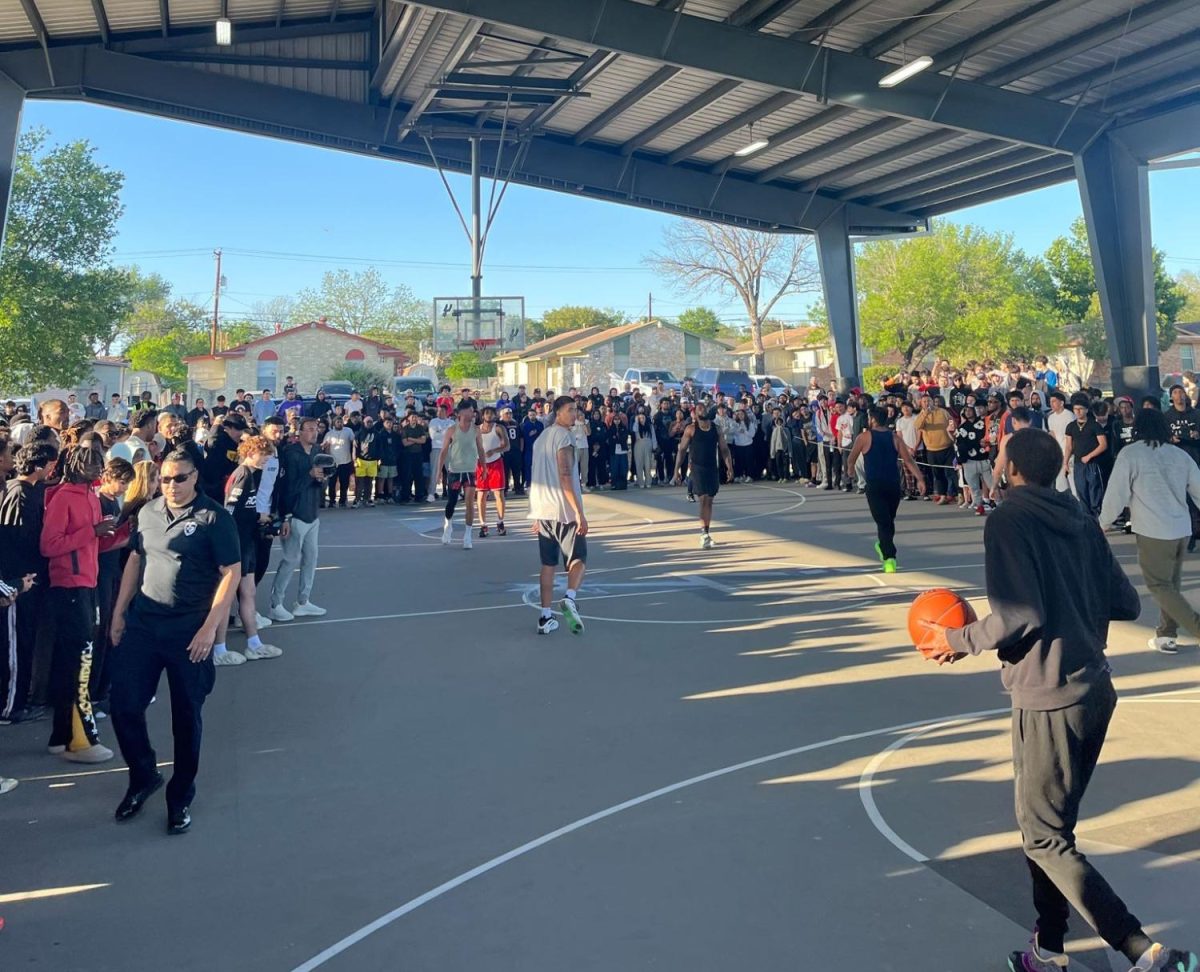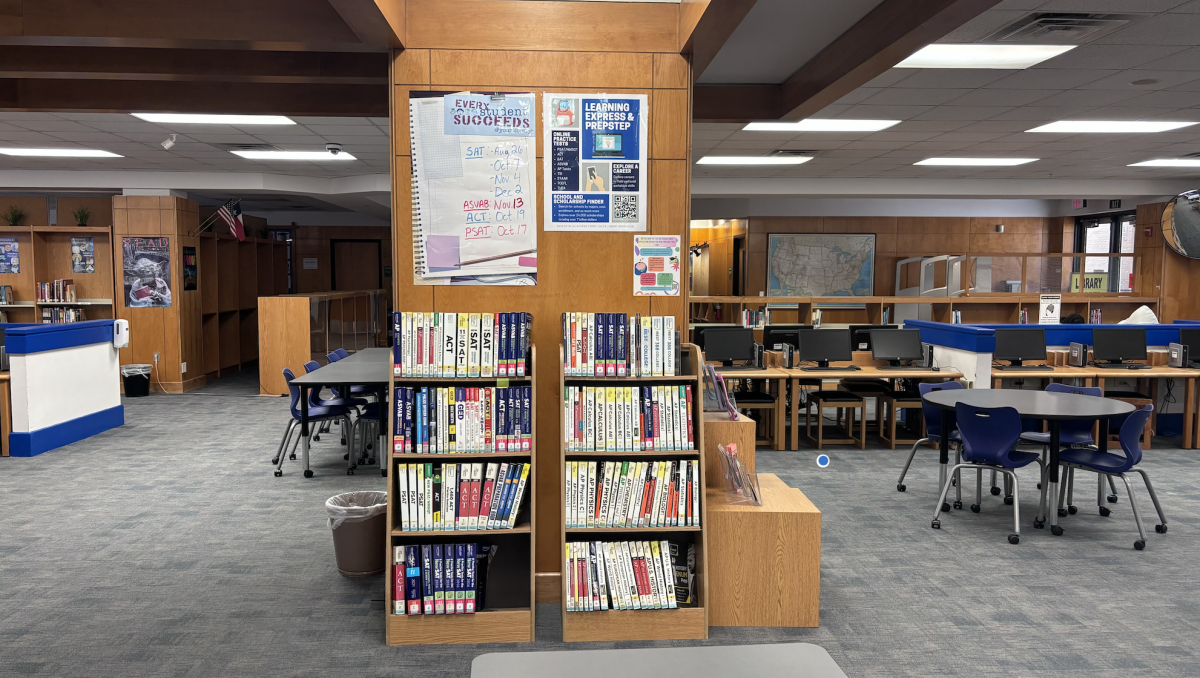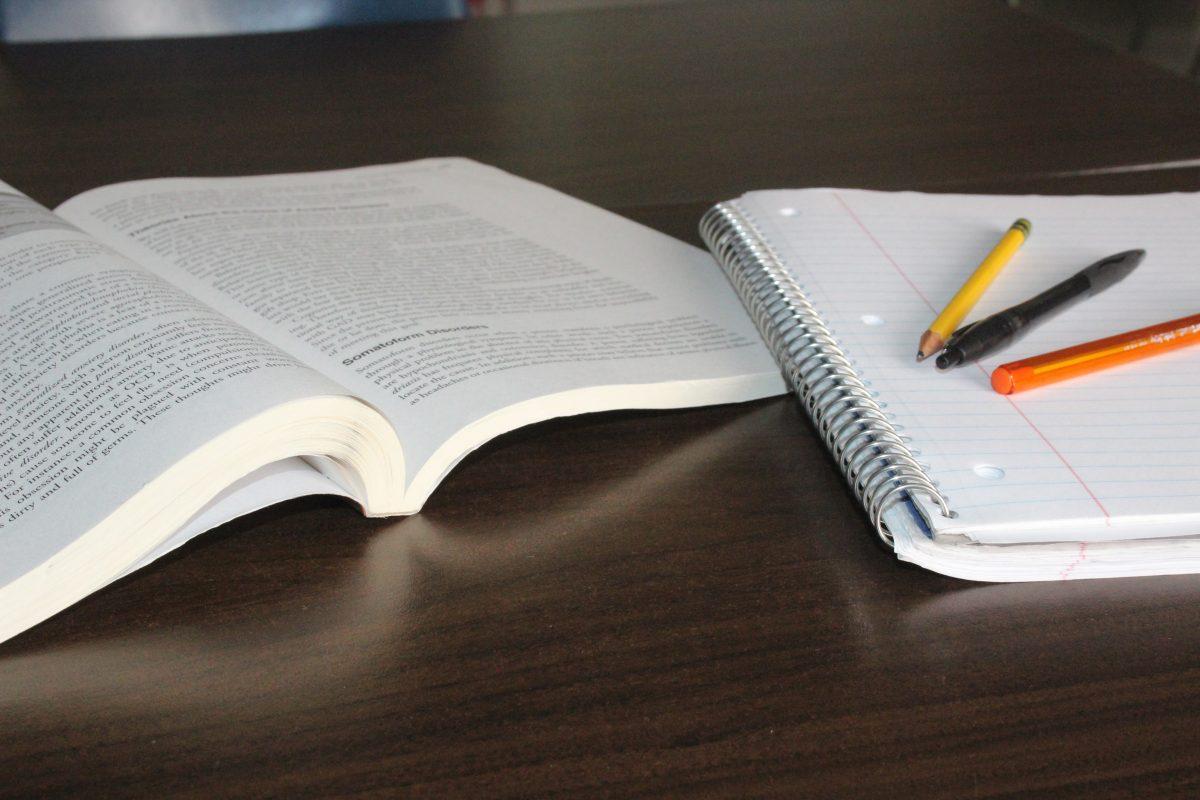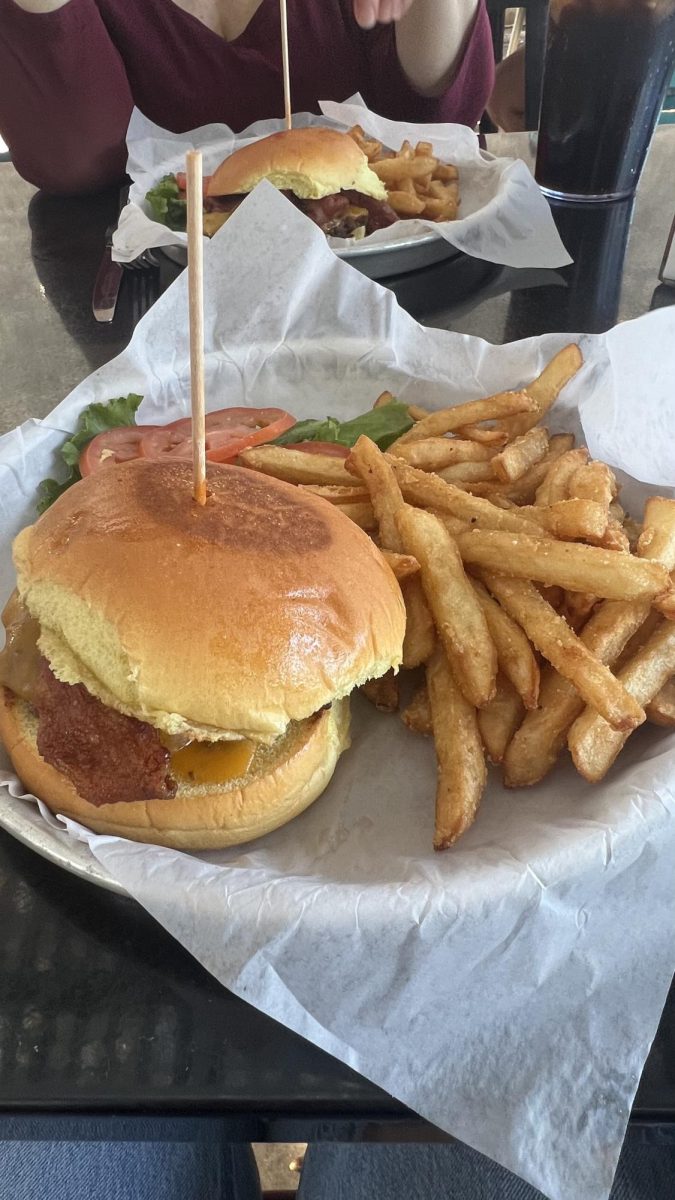With Advanced Placement exams, STAAR testing, and SATs all interlacing the next two weeks there is no way not to feel the stress of standardized testing hanging around. It’s thick, like a fog looming above students who are balancing hours of extra studying for the tests as well as spending the normal amount of time on homework and extra curriculars. If the sea of nerves and fretting hasn’t reached you via stressmosis than you must’ve noticed the glossy eyes and blank faces of your peers, muttering something about staying up till 3 a.m. trying to memorize rhetorical analysis terms and details about the rise and fall of the Byzantine empire.
These tests, having the ability to give college credit for classes, determine whether you pass to the next grade, or heavily influencing if you will be accepted into your dream college, can cause some understandable panic in students. However, too much stress and worrying about the test isn’t very good for you, so here are some tips to help with studying habits and tips about what to do prior, and during the test:
1. Planning your study schedule:
Now before you scoff, trust me on this one. Half of the stress and worry you are feeling right now would be sorted out if you put all the tasks/hours of studying on a planner. Most students think that they’ll be able to effectively manage their time and get what they need done without one but a schedule or daily studying planner can help you get a strict grip on your time and is a great way to discipline yourself that way you don’t stay up till ungodly hours cramming.
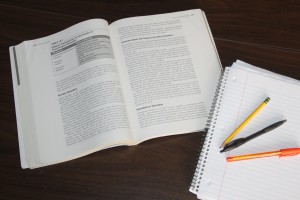
2. Actually study:
I know teachers have been going over the material in classes, which means most of you will not worry about studying outside of school. Let me emphasize that this is not a good idea. Trust my italicized words, the worst possible thing you can do to yourself is waste all your free time goofing off and then realize when test day comes around that you know nothing. It honestly does not harm you to study for at least an hour outside of class. Going into a test over-prepared will always be better than under prepared. And if somehow you are physically harmed from studying (paper cuts are always a possibility), then wear your battle scars proudly and try not to bleed on the scantrons.
3. Form a study group:
Sometimes looking at facts on a paper or studying flashcards by yourself can be strenuous and boring, however, studying has the ability to be enjoyable, if you to do it right. A study group is a great way to study. You can test your memory and knowledge on certains subjects, (your actual knowledge because looking at the answers and saying ‘oh I knew that’ is not that) and pick up tips from your friends. Because it is fun and you see where you actually stand in your knowledge on a certain subject you then know where to put in extra study time and actually remember facts.
4. Actually study in study group:
Don’t pull your phones out and goof around or talk about your crushes or your problems. The SAT does not care about your significant other and you will not have to write an essay about what your friends did last weekend. Study, you can hang out later.
5. Use your senses:
Play a catchy song while studying. Replace the song lyrics with equations you need to know, or Rhetorical Analysis terms and their definitions. Singing songs that you played when you studied over and over in your head while you take your test is a great way to remember what you need to know. Other senses like looking at visuals of your facts or chewing gum while studying also works. These senses jog your memory so when you familiarize your facts with a certain taste or song, you have a better chance of remembering when you revisit those specific senses(i.e. chew the same gum during the test.)
6. Use all your resources:
If you have a 5 steps to a 5 book or the time to go to Barnes & Nobles and spend a few hours reading one then you should. If your teachers are offering classes outside of school to practice for the tests or study, do it. If you can spend those hours on Netflix doing online quizzes and practice tests then you should. Before or after school you can talk with your teacher, or maybe have peers tutor you. These are all called resources, and if they are available to you, then you should take advantage of it.

7. Bring all the supplies you need:
Pencils, erasers, pens, calculators, a watch, etc. You will be less worried if you have everything you need before the test. You won’t have to stress over wondering whether or not someone can loan you something or if the test administrators have extra supplies. Its just better to be prepared for the test
8. Try:
Don’t rush through your test, don’t make excuses for yourself, don’t go into a test thinking you’re going to fail. When you do any of these things you start to pity yourself, make excuses and overall give up. Don’t do any of this, it’s been hard and you’re stressed and tired and I get that, but you can take a break after you’ve completed all your testing. Making sacrifices for school, or to get that college credit, or a score that might get you into your college dreams is so worth the sacrifice. You have to try, and believe you will do to the best of your abilities. That is what is important.
Bonus tip: Don’t binge study the night before
I put this as a bonus because I understand everyone works differently. Some people do great when they binge study the night before, and others really need their sleep. There’s no denying how utterly exhausted you feel after an AP test, so my tip would be to sleep.






